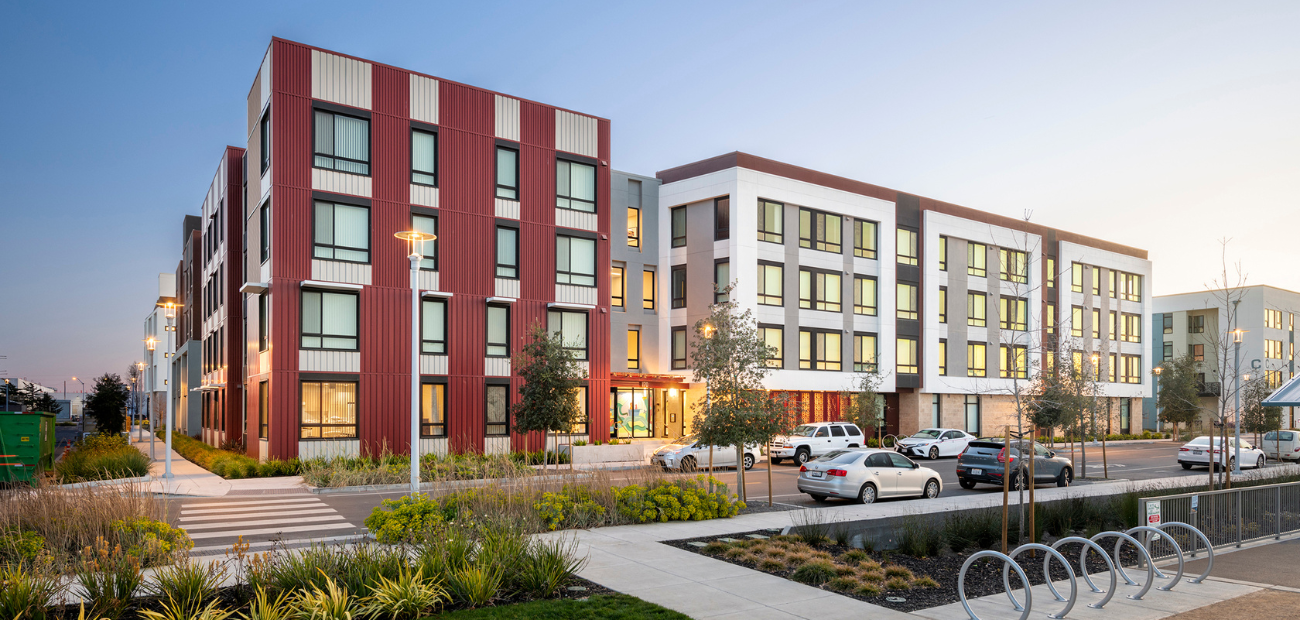The landscape of America’s rental market is undergoing a seismic shift. As economic powerhouses like New York, Miami, and Atlanta continue to attract top talent and major employers, the demand for rental properties has reached historic levels, reshaping both residential and investment markets.
Following the Jobs: A New Migration Pattern
“We’re witnessing a fundamental restructuring of where people choose to live,” explains Dr. Rachel Foster, senior economist at the Urban Institute. “Unlike previous generations, today’s workforce is gravitating heavily toward major employment centers, creating intense pressure on local housing markets.”
Major Markets Under Pressure
New York City’s Tech Boom The Big Apple’s transformation into a major tech hub, accelerated by recent expansions from Google, Meta, and numerous fintech startups, has intensified rental demand across all boroughs. “Manhattan’s rental vacancy rate has dropped below 2%,” notes Jessica Cohen of Douglas Elliman. “We’re seeing multiple applications for every available unit, with many offering above asking price.”
Miami’s Business Migration Florida’s financial capital has experienced a surge in rental demand following the relocation of numerous hedge funds and financial services firms. “The influx of high-paying jobs has created a new class of luxury renters,” explains Carlos Rodriguez, president of the Miami Association of Realtors. “These are executives and professionals who prefer high-end rentals over immediate purchases.”
Atlanta’s Corporate Corridor With major corporations continuing to expand their presence along the Perimeter and Midtown, Atlanta’s rental market has tightened significantly. “We’re seeing unprecedented demand in areas near corporate headquarters,” says Marcus Johnson, local market analyst. “The Belt Line corridor alone has a rental waitlist extending months.”

The Numbers Tell the Story
Recent market data reveals striking trends:
- Rental applications in major job hubs are up 47% compared to pre-pandemic levels
- Average time on market for rental units has decreased by 65% in prime locations
- Corporate rental guarantees have increased by 180% in the past 18 months
The Corporate Connection
The correlation between job markets and rental demand is stark:
Tech Hubs:
- Austin: 92% occupancy rate in areas near Tesla’s gigafactory
- Boston: 95% occupancy near Kendall Square’s biotech corridor
- Seattle: Near-zero vacancy rates around Amazon’s campus
Financial Centers:
- Charlotte: Banking district rentals commanding 40% premium
- Chicago: Loop area seeing 25% year-over-year rental increases
- San Francisco: Financial district rentals rebounding strongly
Investment Implications
The surge in rental demand has caught the attention of institutional investors. “We’re seeing unprecedented institutional capital flowing into multifamily developments near major employment centers,” reports William Chen of BlackRock Real Estate.
Market-Specific Dynamics
New York Metropolitan Area
- Manhattan: Luxury rental rates up 18% year-over-year
- Brooklyn: Tech corridor rentals seeing 15% premium
- Jersey City: Financial district adjacent properties at full occupancy
Greater Miami Region
- Brickell: Financial district rentals at historic highs
- Wynwood: Tech hub rentals fully pre-leased
- Downtown: Corporate housing demand up 60%
Atlanta Metropolitan Area
- Midtown: Tech corridor rentals at 97% occupancy
- Buckhead: Financial district rentals commanding premium rates
- Perimeter: Corporate campus adjacent properties fully leased
Looking Forward
Experts project continued strength in rental markets near major employment centers:
Short-Term Outlook (12-24 months)
- Continued rent growth in prime locations
- Increased development of luxury rental properties
- Rising institutional investment in multifamily projects
Long-Term Projections (3-5 years)
- Sustained demand in major job markets
- Evolution of hybrid live-work communities
- Expansion of corporate rental programs

The Investment Opportunity
For investors, the message is clear: “Proximity to major employment centers is becoming the single most important factor in rental property success,” says Sarah Thompson of Morgan Stanley Real Estate. “The days of location, location, location have evolved into jobs, jobs, jobs.”
Conclusion
As America’s economic landscape continues to concentrate around major employment hubs, the rental market in these areas shows no signs of cooling. For investors, developers, and property managers, understanding and adapting to this new reality will be crucial for success in the evolving market.
“This isn’t just a cycle,” concludes Dr. Foster. “We’re seeing a fundamental shift in how Americans choose to live and work. The rental markets in major employment centers are likely to remain robust for years to come.”


